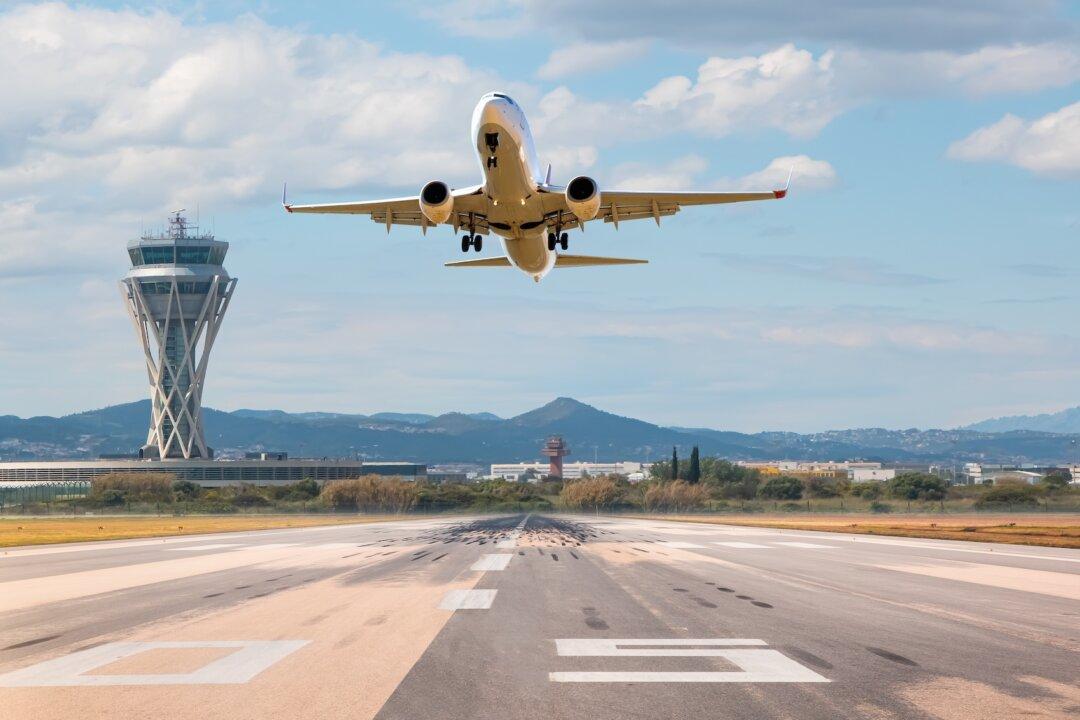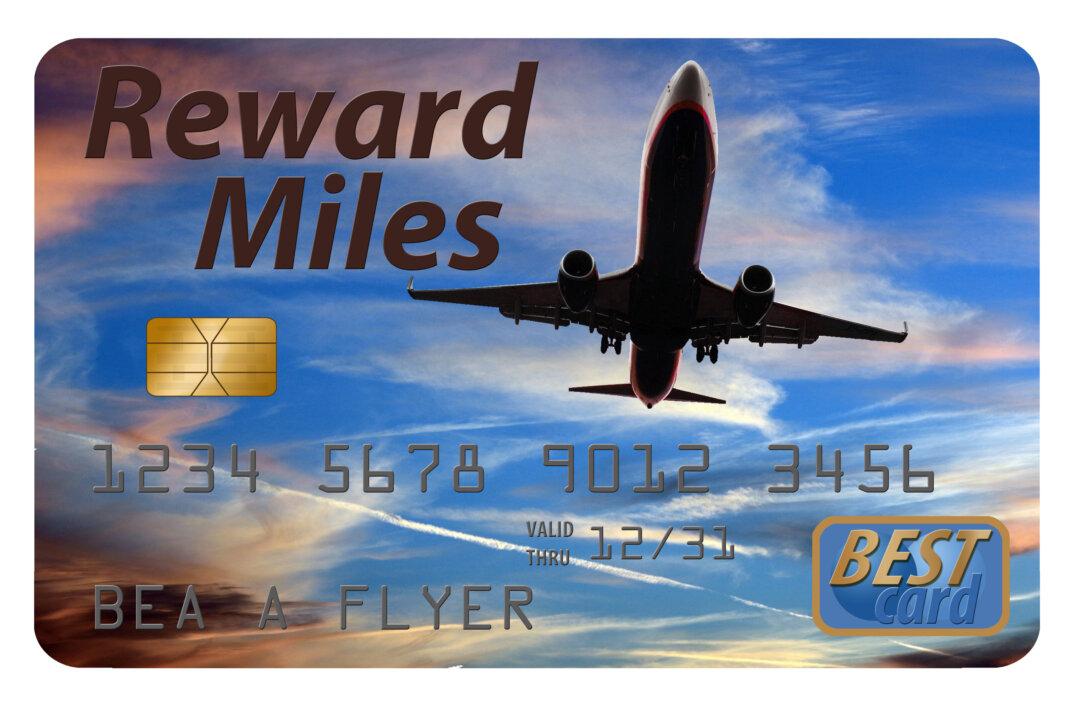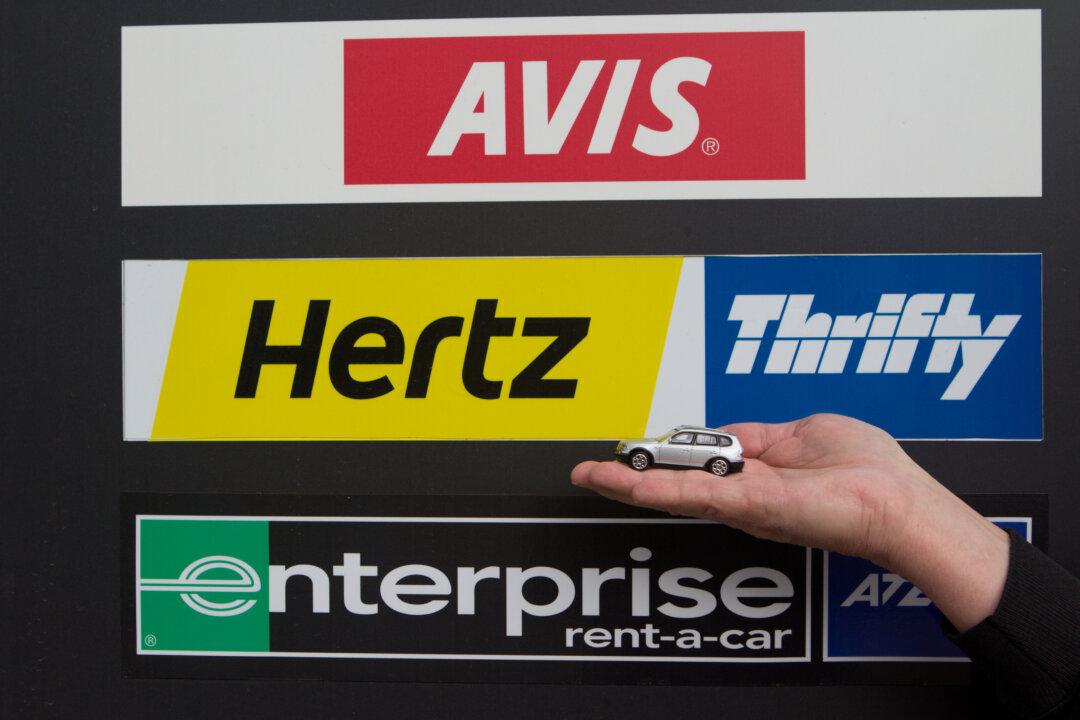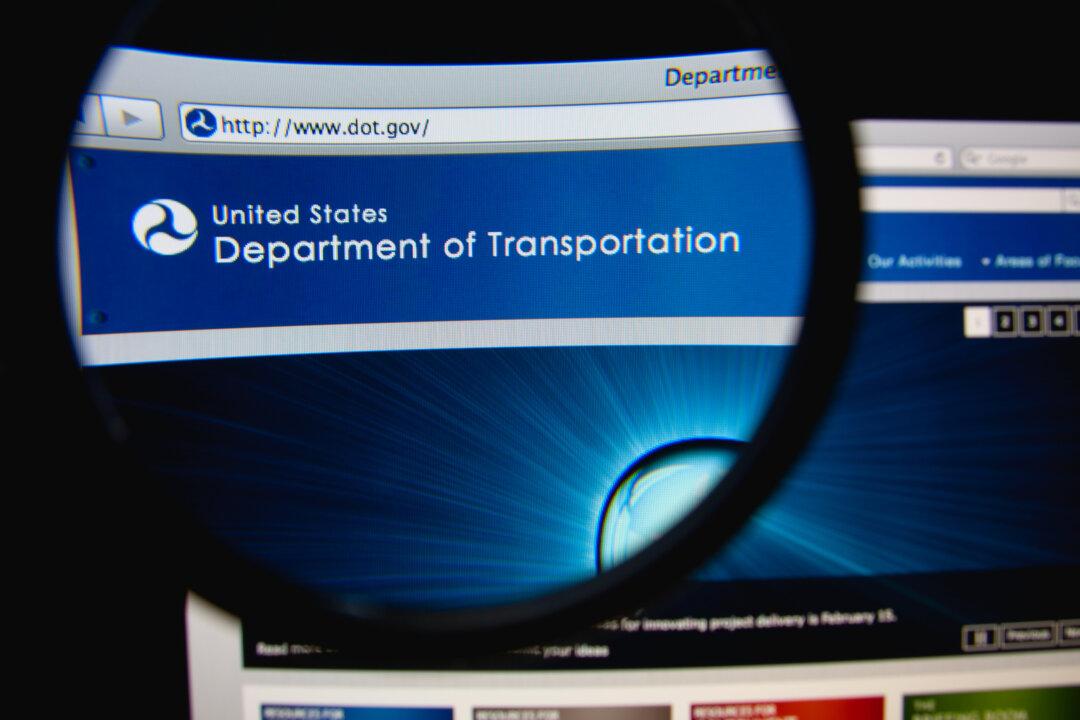If you’re planning a trip to Europe this year, you’re not alone: Industry mavens are projecting a big year for transatlantic travel. For the most part, traveling to and within Europe is easy, but you need to know a bit before you leave.
Paperwork
Western Europe does not require any advance paperwork for visitors who aren’t looking for a job and plan to only stay less than three months. But that’s going to change before the end of the year, when a new requirement for an ETIAS Visa Waiver Application kicks in. Applying is easy: You can do it online and get an approval by email. Although nominally a security measure, the more cynical suspect that the main objective is either to collect the fee you have to pay or to retaliate for a similar U.S. requirement. ETIAS applies to the entire Schengen region. Your main worry is possible denial if you have an unpaid bill in Europe from a prior visit. Currently, the requirement is scheduled to go into effect in November, but postponement is possible. Check ETIAS.us/application/ for details. The United Kingdom is cooking up a similar scheme, with details yet to come.Destinations
Although the travel press and blogosphere are fond of touting new “hot” destinations, most of you will head for the traditional big four: United Kingdom, France, Germany, and Italy. If you’re an old Europe hand, you know what you want. My primary recommendation to first-timers is simple: Don’t try to do it all on a single trip; leave something for your next trips.Inflation hasn’t spared Europe. As a simple comparison, a year ago a reservation I made in Italy for $849 now goes for $1,047. The euro, currently at $1.09, is up a bit since my April visit, but it is still below the general pre-COVID rate, as is the pound, and both have been increasing lately. Still, unless there’s an economic disaster somewhere, exchange rates usually don’t change very fast. You can expect sticker shock, especially at restaurants in Switzerland, but because of prices, not exchange rates.
Getting There
The consensus in the industry is that airfares will be high, although I’ve seen a few contrarian views lately. Two low-fare airlines will be flying from the United States to Europe:- Norse Atlantic links Ft. Lauderdale, Los Angeles, New York/JFK, and Orlando with various combinations of Berlin, London/Gatwick, and Oslo, with Paris/De Gaulle and Rome coming later this year.
- French Bee from Los Angeles, Miami, Newark, and San Francisco to Paris/Orly, with service from Rome starting later this year.





